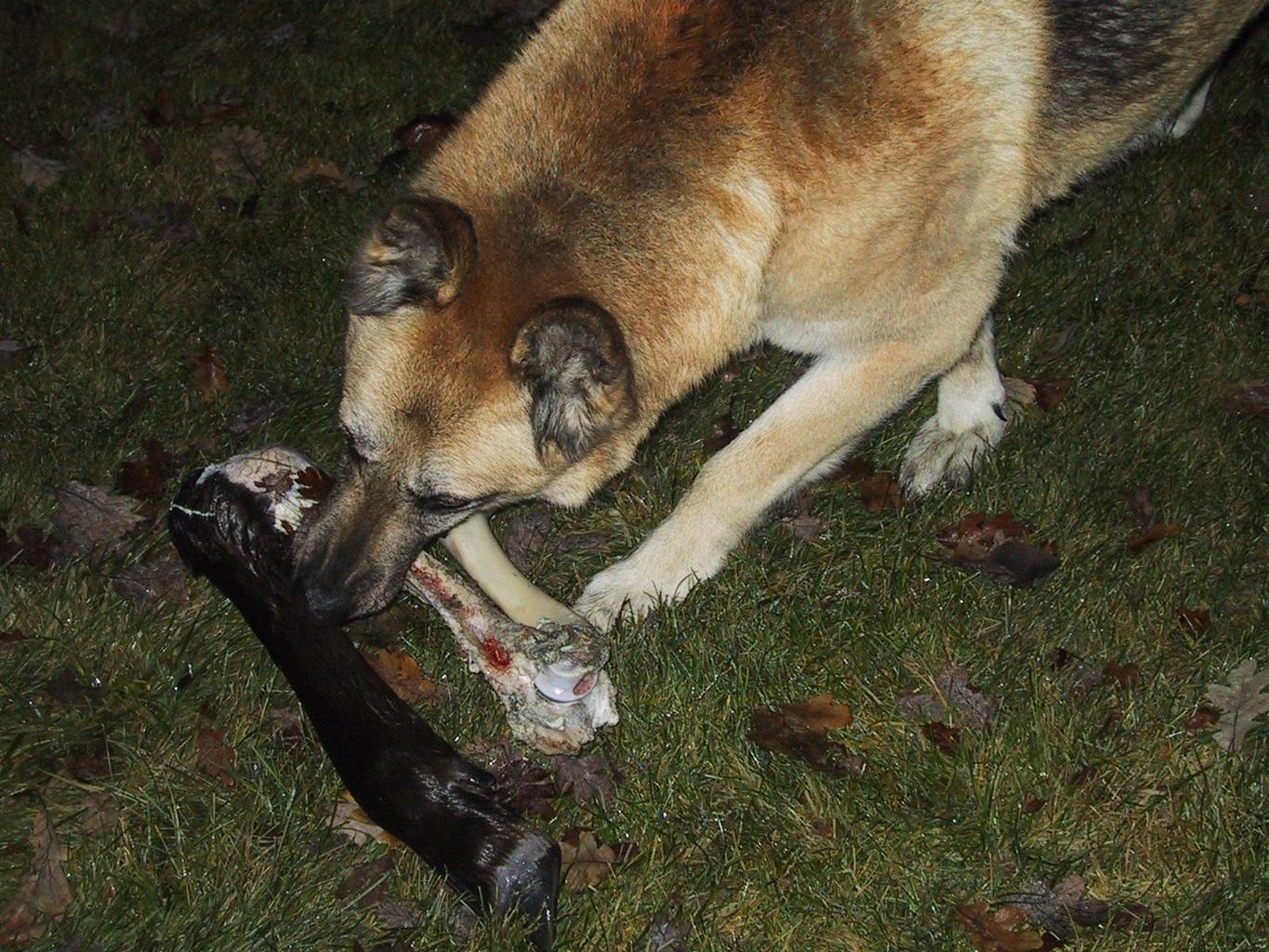There’s nothing quite like a new puppy to bring joy and excitement into your home. But, as much as we love our furry friends, they can come with their own set of challenges. One of those challenges is dealing with genetic disorders. While it can be overwhelming at first, there are many resources and solutions available to help you and your pup navigate these difficulties. In this guide, we’ll cover some common genetic doggy problems and how to manage them.
Woof Woof! Puppy Problems?
New puppies can bring a lot of joy, but they can also cause their share of headaches. One of the biggest problems that can arise is genetic disorders. These are health conditions that are passed down through a dog’s DNA from their parents. Some common genetic issues include hip dysplasia, heart disease, and eye problems like cataracts. These issues can be difficult to deal with, but with the right care, you and your pup can manage them.
Learning that your pup has a genetic issue can be stressful, but it’s important to remember that you’re not alone. Many dogs are born with genetic disorders, and there are a lot of resources available to help you deal with them. Your veterinarian can be a great resource for information and guidance on how to manage your pup’s specific health issue. Additionally, there are many support groups and online communities where you can connect with other dog owners who are dealing with similar issues.
Our Guide to Genetic Doggy Difficulties
Dealing with genetic disorders can be overwhelming, but there are many things you can do to keep your pup healthy and happy. One of the first steps is to get your pup on a healthy diet and exercise plan. This can help manage many health issues, including weight management and joint health. Additionally, you may need to consider supplements or medications to help manage specific health conditions.
Another important step is to keep up with regular veterinary visits. Regular check-ups can help catch any health issues early on and make sure your pup is receiving proper care. Your vet can also help you develop a treatment plan and provide guidance on managing your pup’s specific health issue.
Ultimately, the most important thing you can do for your furry friend is to love and support them. With the right care and attention, your pup can live a happy, healthy life, even with genetic disorders. Remember, you’re not alone in this journey, and there are many resources available to help you along the way.
Dealing with genetic disorders can be tough, but it’s important to remember that you and your pup are not alone. With the right care and resources, you can manage any genetic difficulties your furry friend may face. Remember to keep up with regular veterinary visits, maintain a healthy diet, and love and support your pup every step of the way. Together, you can overcome any challenges and enjoy a happy, healthy life together.








